Science
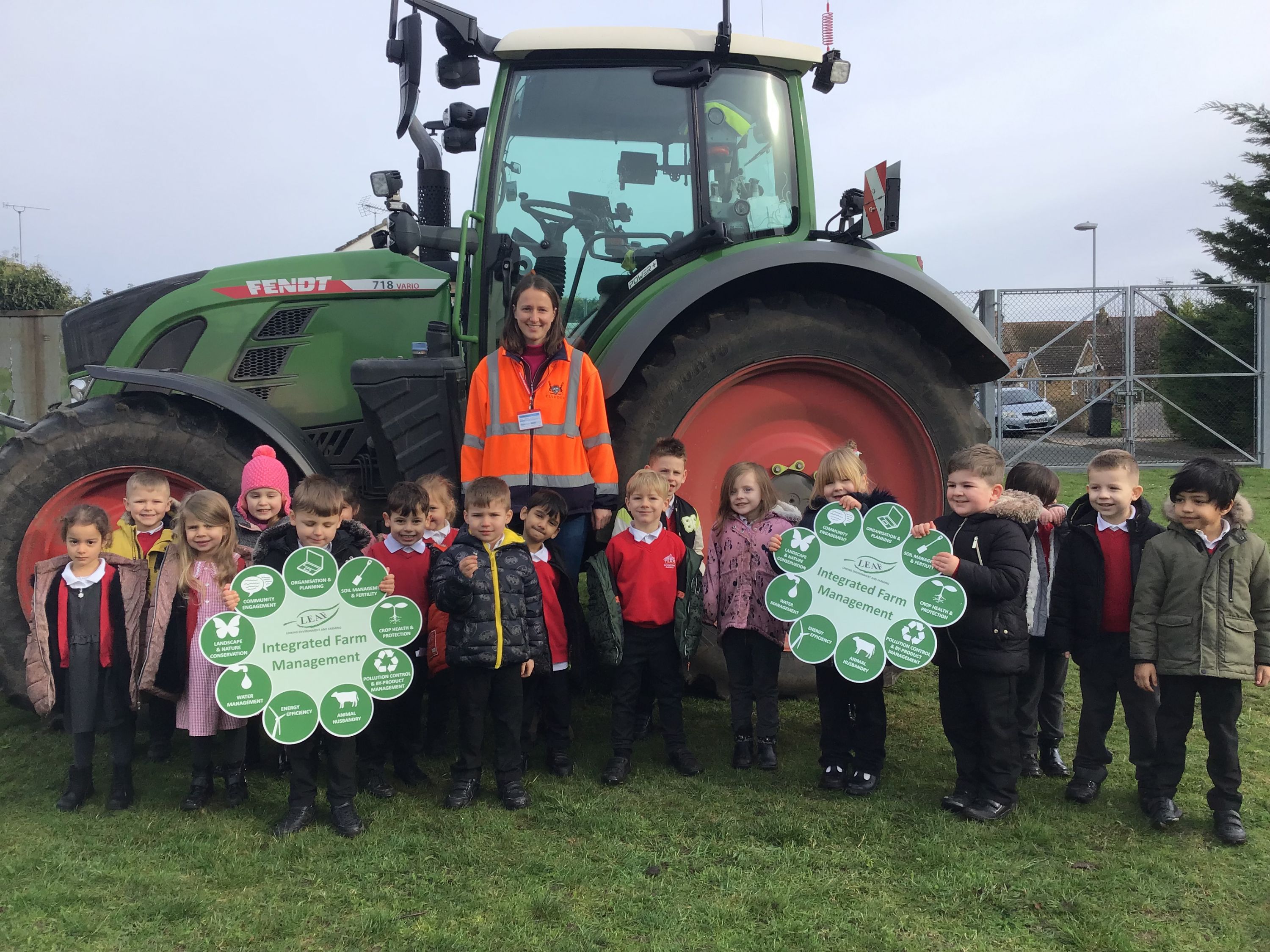
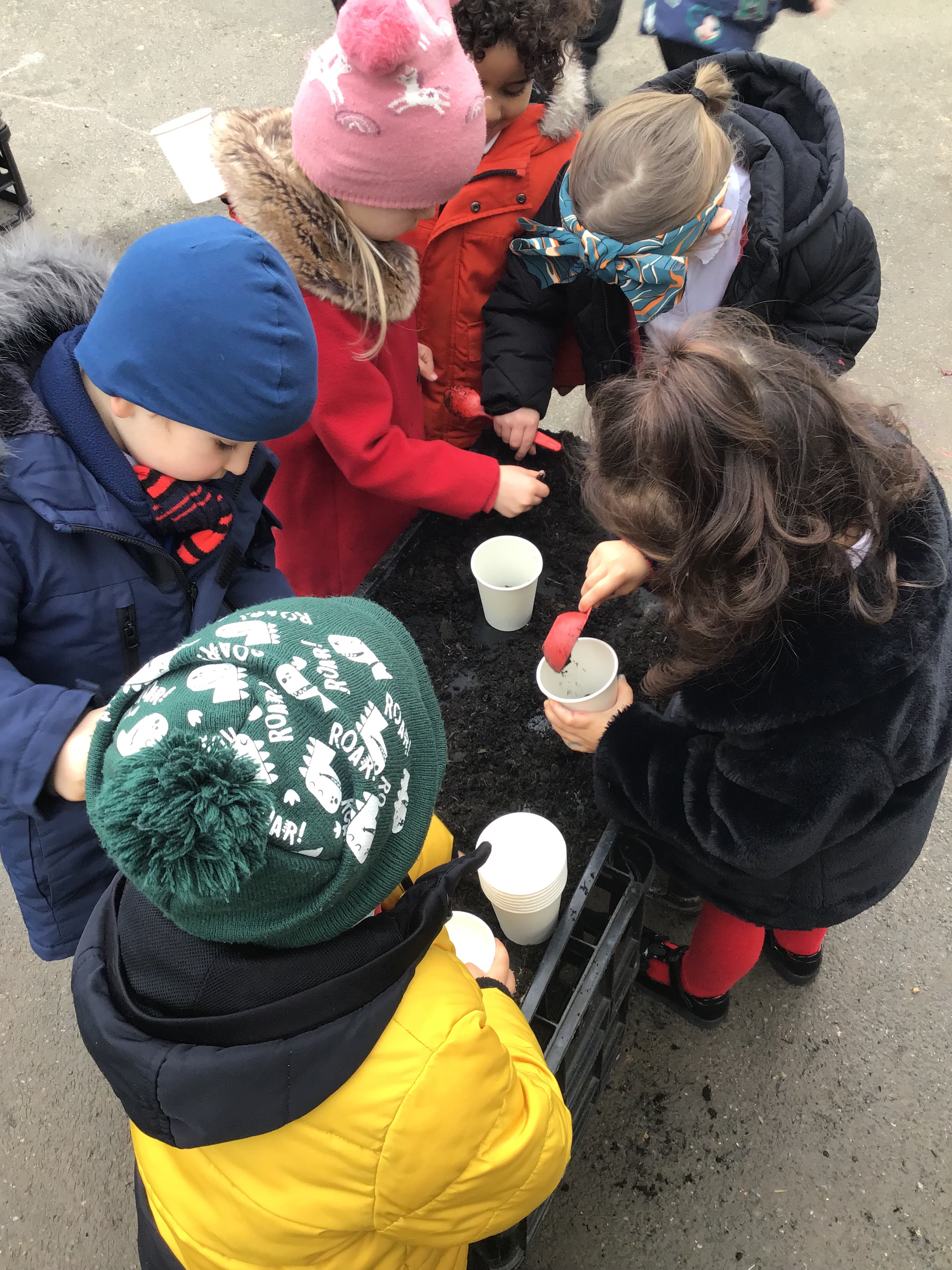
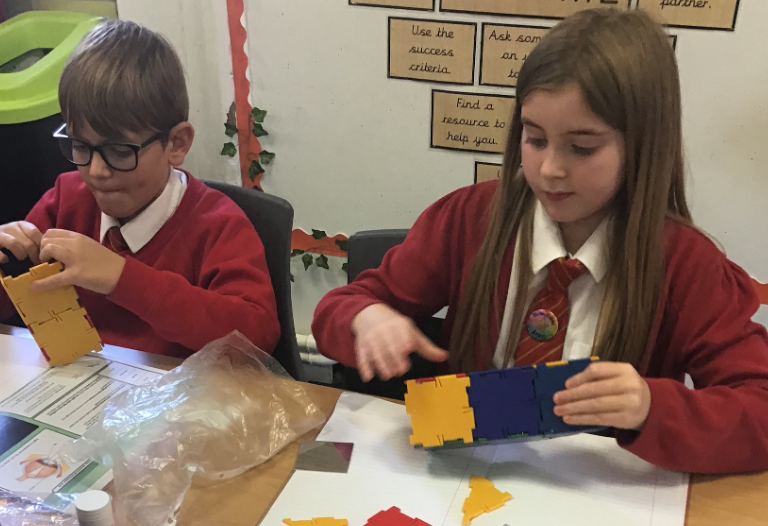
Science is a systematic investigation of the physical, chemical and biological aspects of the world which relies on first-hand experiences and on other sources of information. The scientific process and pupils’ problem-solving activities will be used to deepen their understanding of the concepts involved.
Through science, pupils at Norwich Road Academy will continue to deepen their respect, care and appreciation for the natural world and all its phenomena.
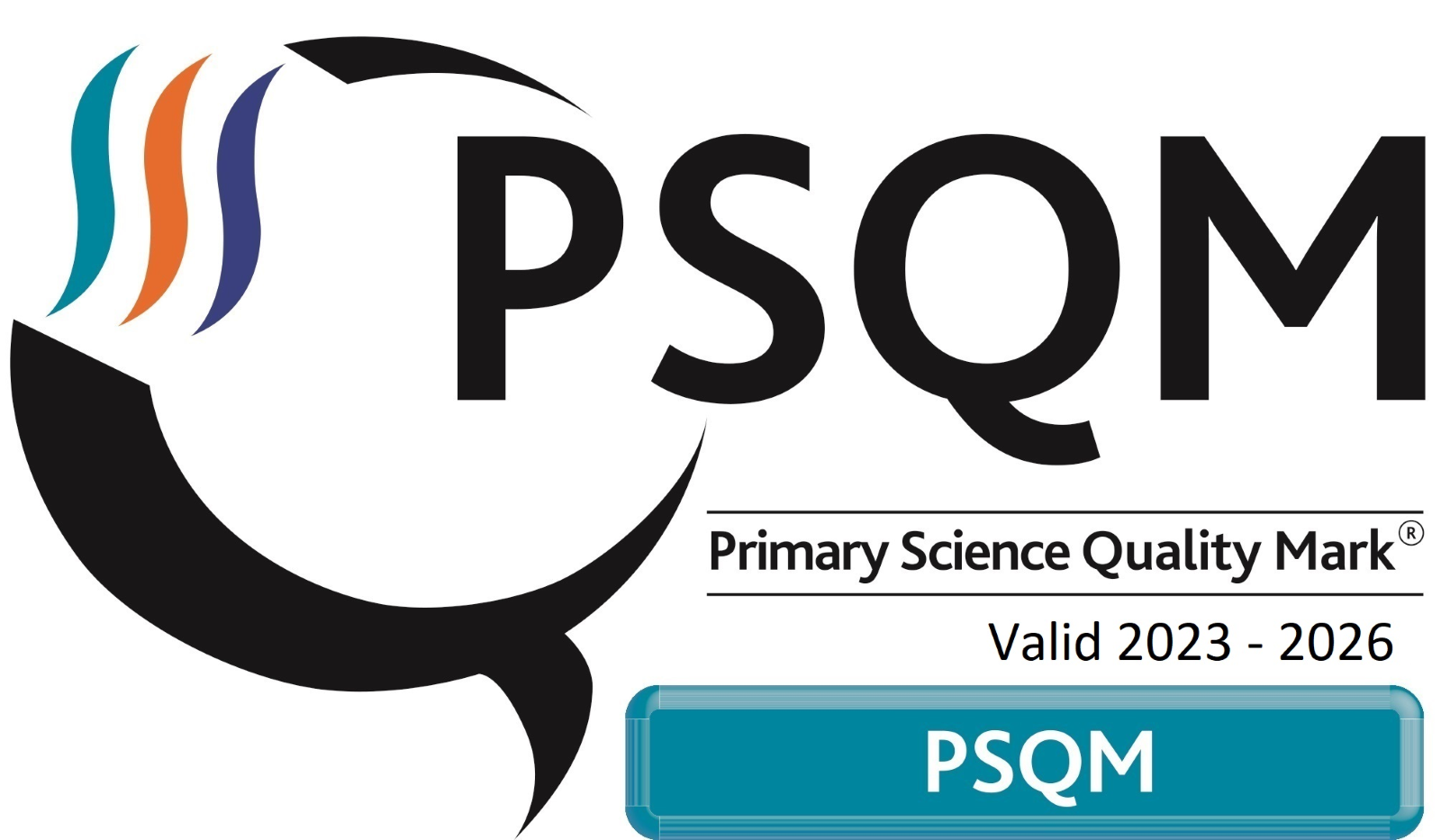
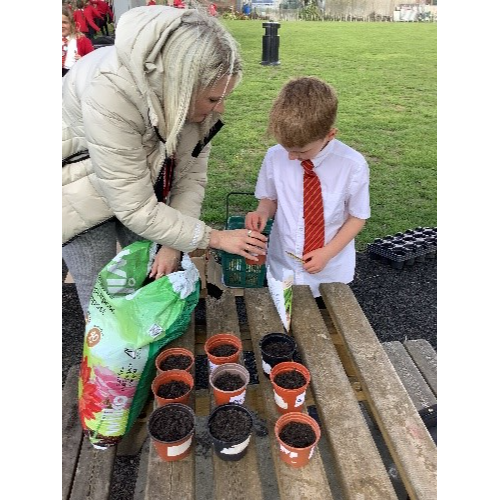
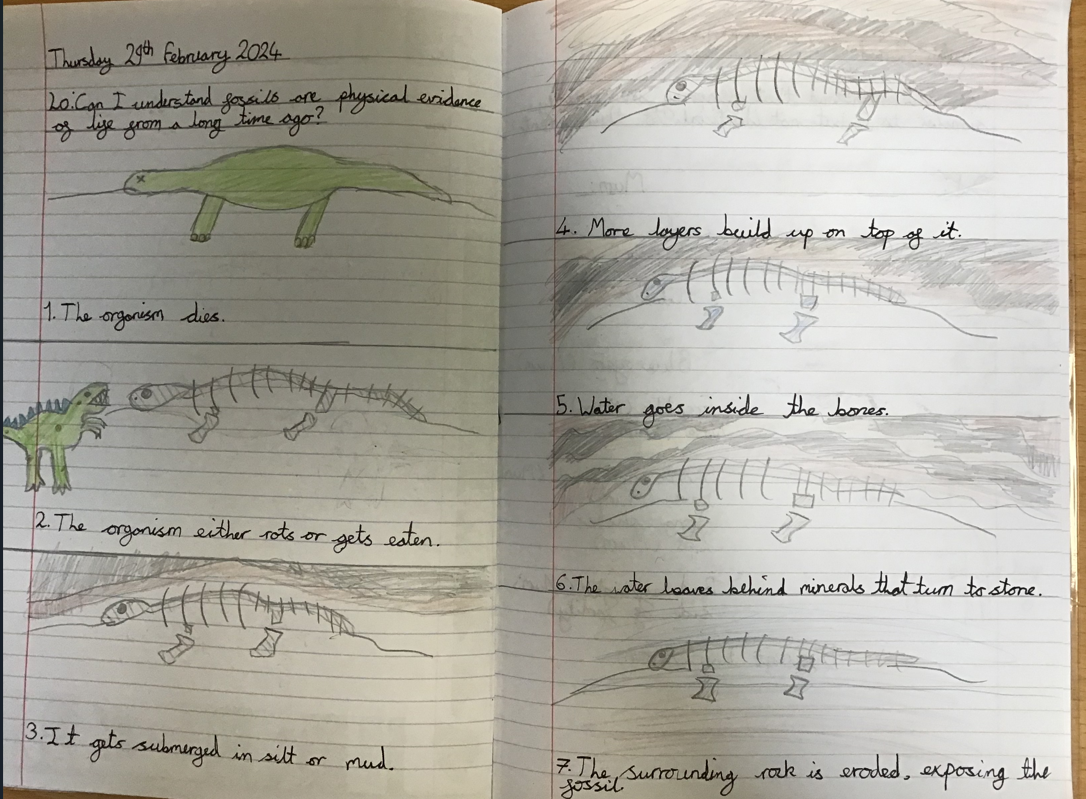
Norwich Road Academy gives pupils a very high-quality offer in the subject of Science and this has been ratified by the recent earning of the PSQM - Primary Science Quality Mark. The PSQM is a comprehensive evidence-based professional development programme that effectively develops Science leadership, ensuring teachers have the knowledge, capability and support they need to transform science education and shape future generations.
The Primary Science Quality Mark is led by the University of Hertfordshire.
Helen Sizer (of The University of Hertfordshire) the PSQM Co-Director said: ‘By enabling effective science leadership, PSQM is powering the potential of all children to see the relevance and importance of science in their lives, now and in the future. Schools that have achieved a Primary Science Quality Mark have demonstrated a significant commitment to science leadership, teaching and learning and the profile and quality of science in each accredited school is very high. Science subject leaders, their colleagues, headteachers, children, parents and governors should be very proud.”
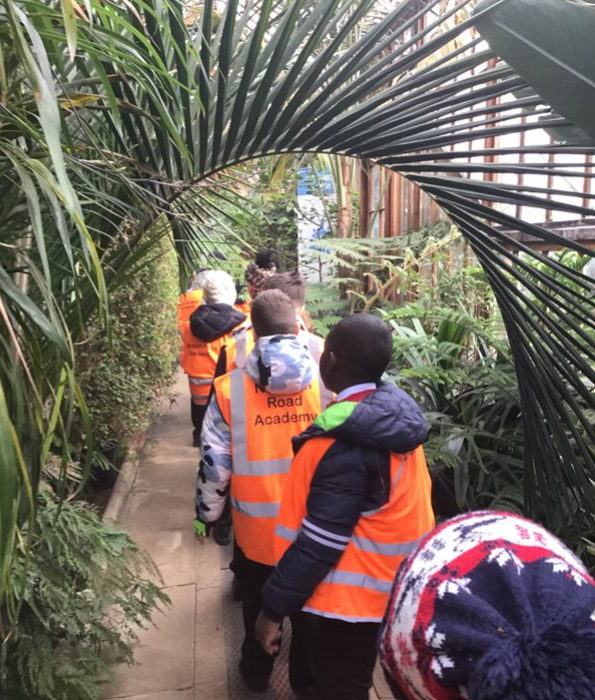
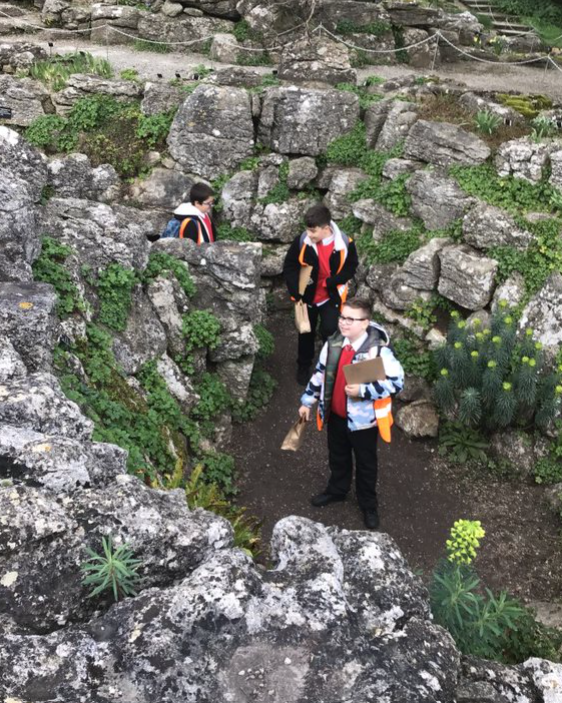
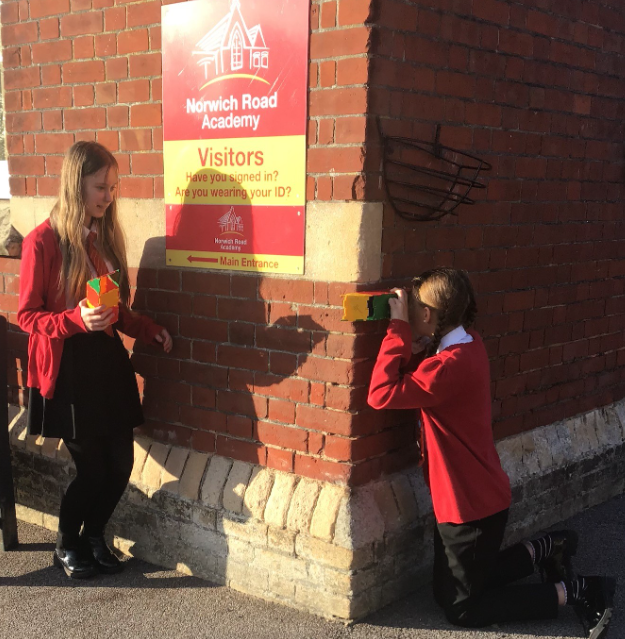
Scientific Enquiry Skills
In addition to our Science Curriculum which teaches children a breadth of Scientific knowledge, children are also taught the Scientific Enquiry skills they need to plan, carry out, record and evaluate Science investigations. As can be seen from the attached ‘Skills Ladder,’ each year (including EYFS) children are taught and practise these skills, starting with making very basic predictions about what they think might happen in a Science investigation (e.g. “Will it sink or float?”) These build, year on year, until children in Year 6 have the skills to actually plan and carry out their own investigation, hypothesising about results and evaluating their findings.
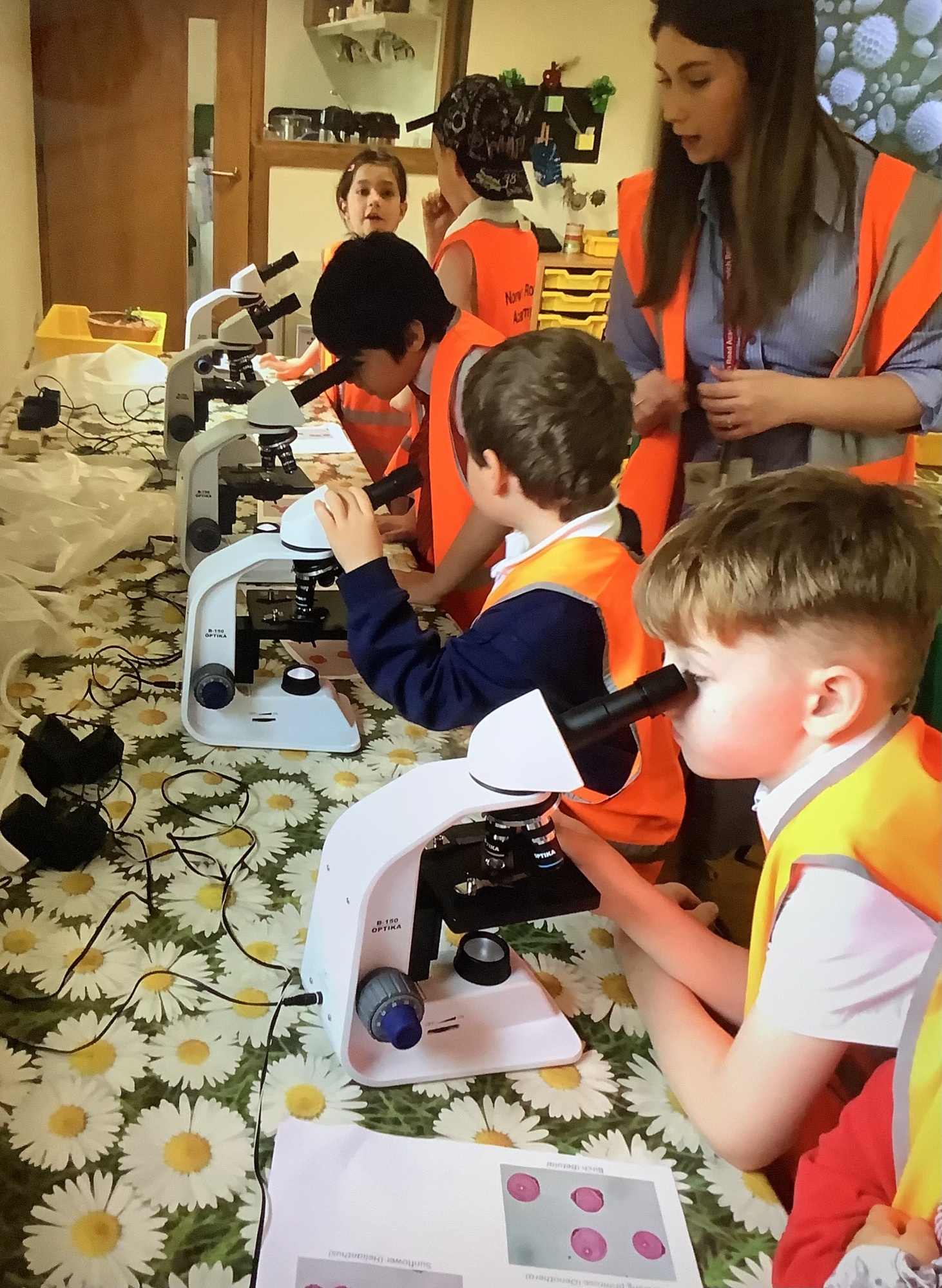
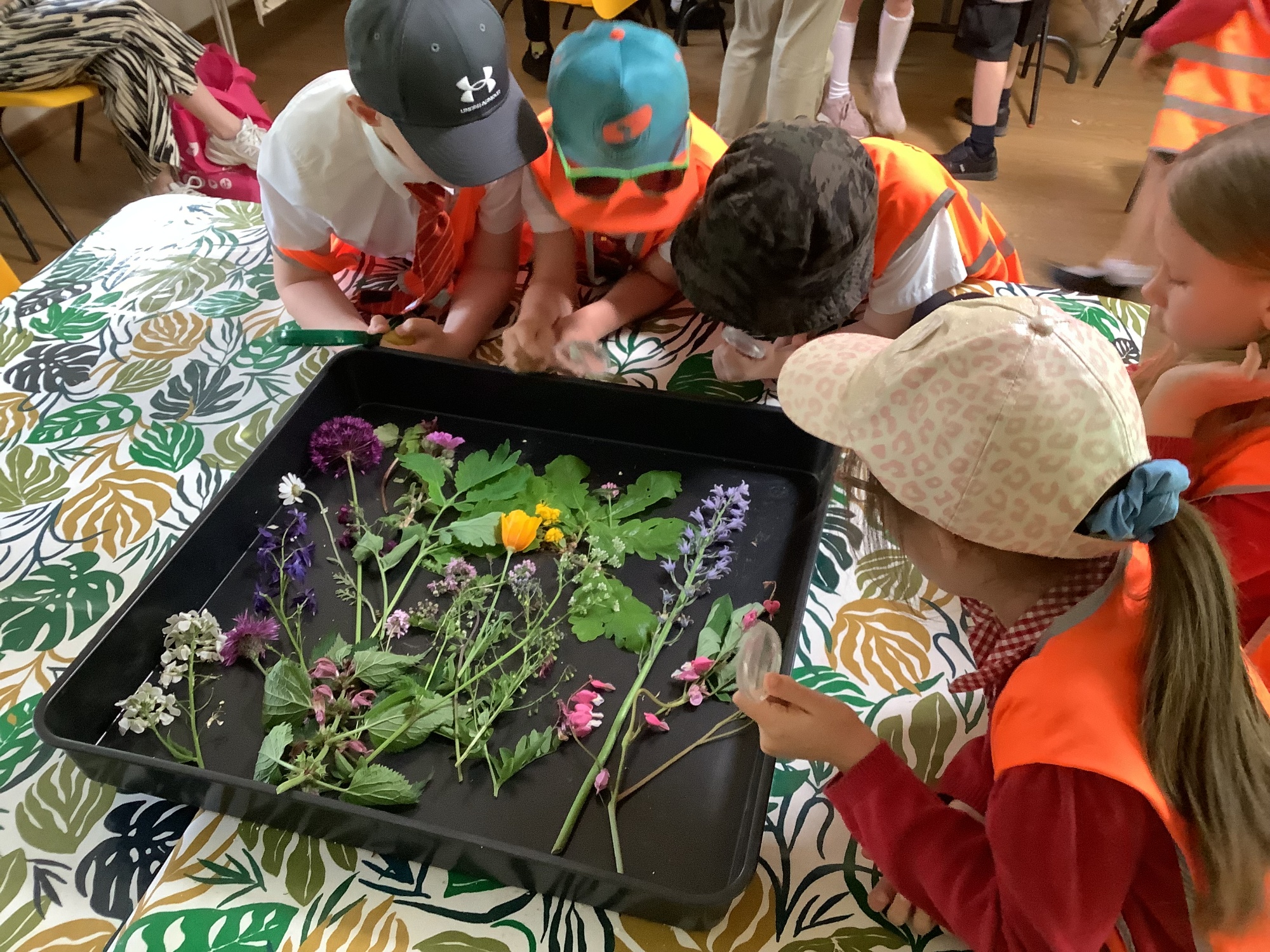
BBC Bitesize is a great resource for a range of video clips, games and activities related to Music. The following links will take you some great resources for you and your children to explore. Key Stage 2 (KS2) children are in Year 3, 4, 5 and 6. Key Stage 1 (KS1) children are in Year 1 and 2. Early Years children are in our Nursery and Reception classes.
Early years - England - BBC Bitesize Look at the Knowledge and Understanding of the World section.
Mr Miles is the subject lead for Science, at the academy.
